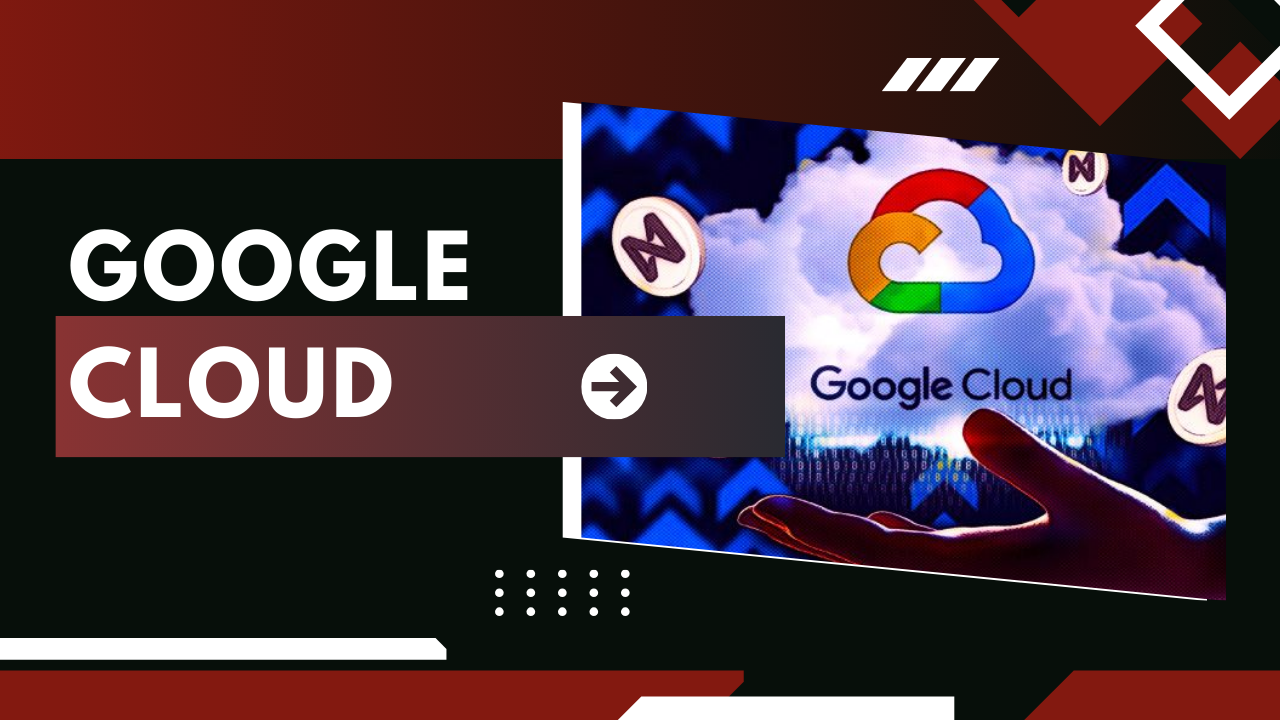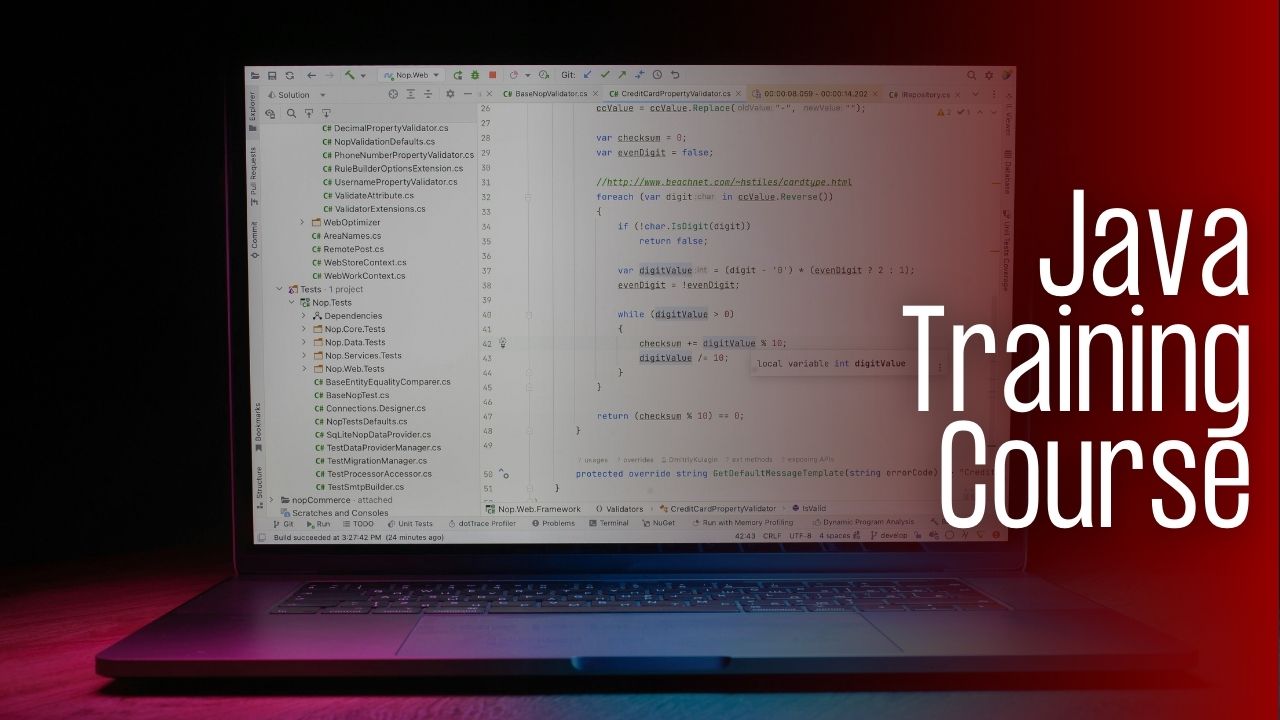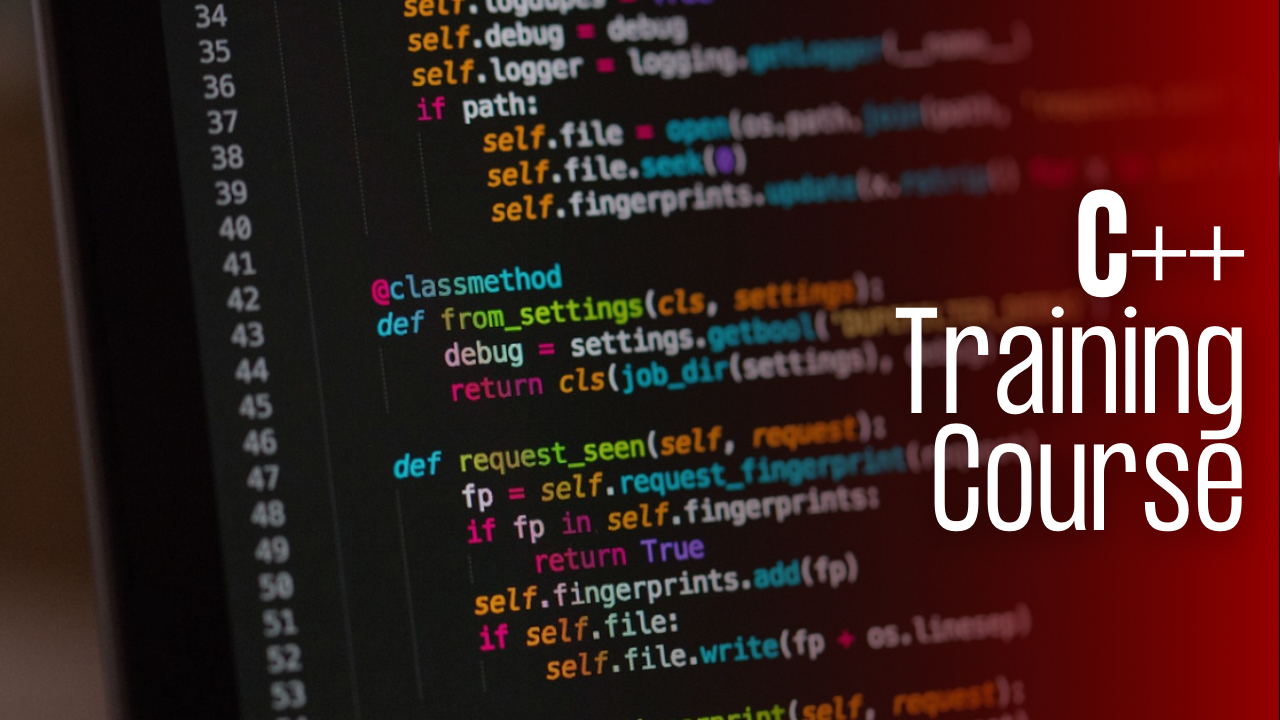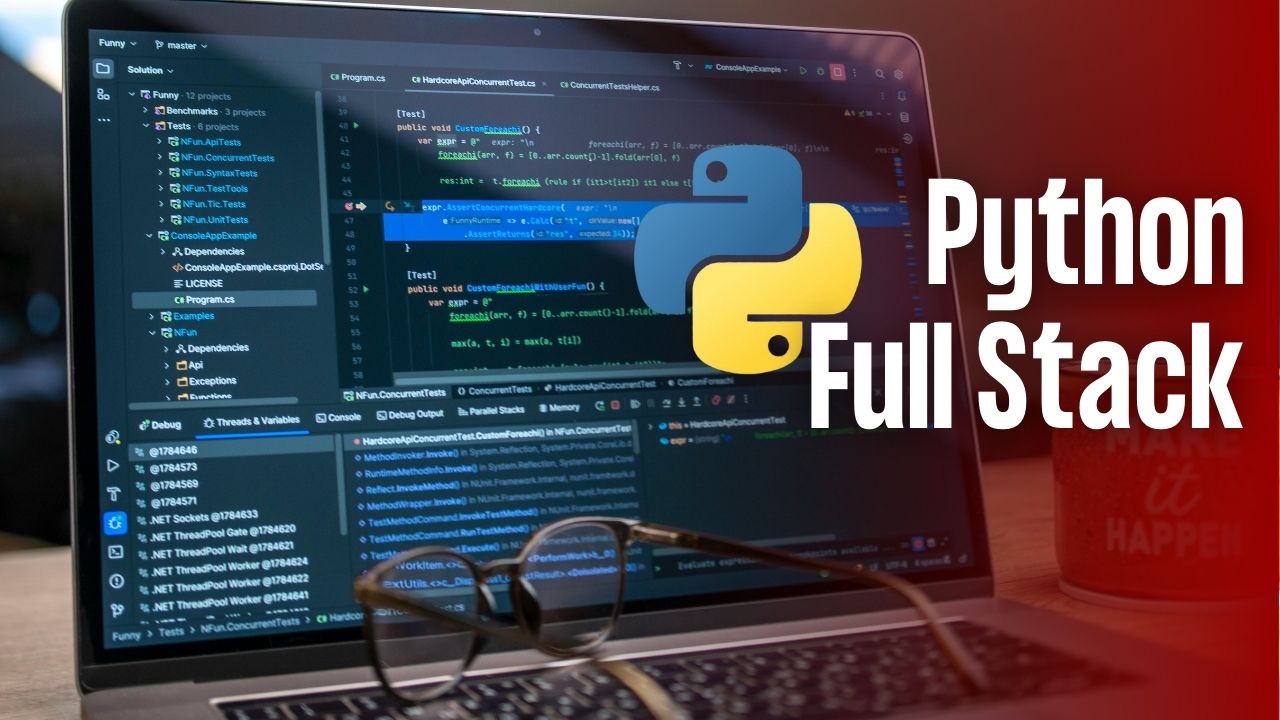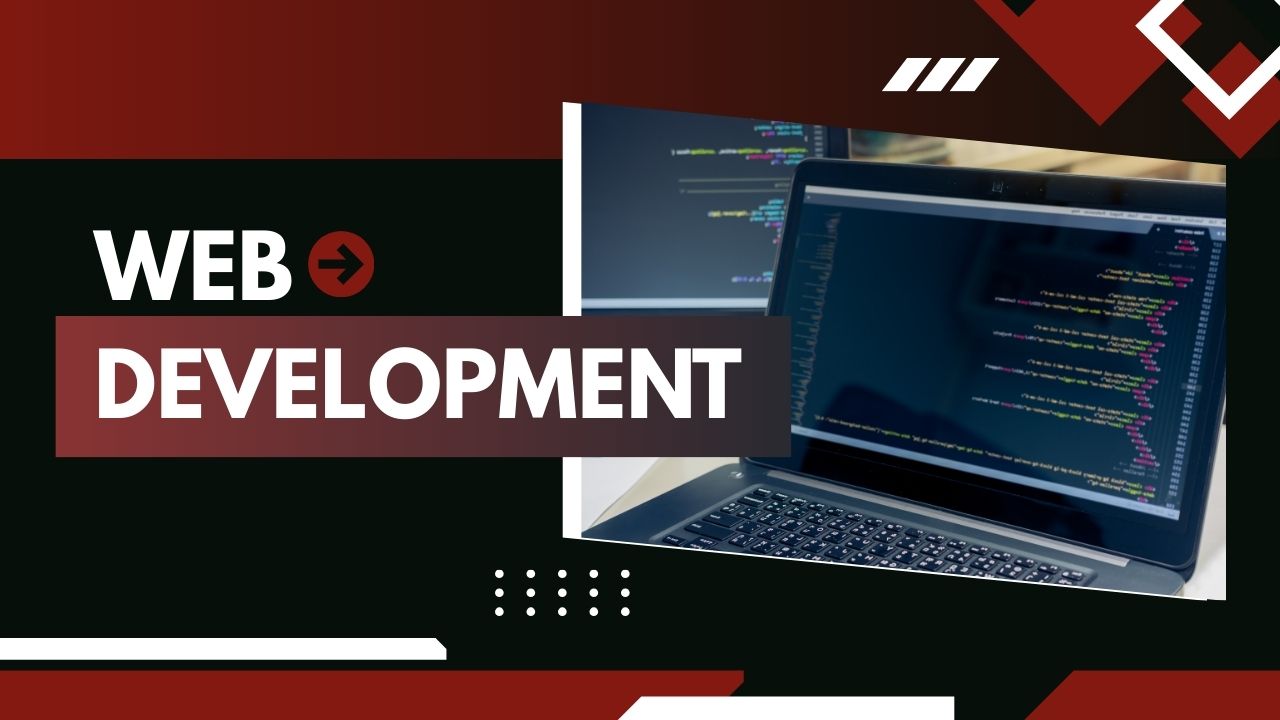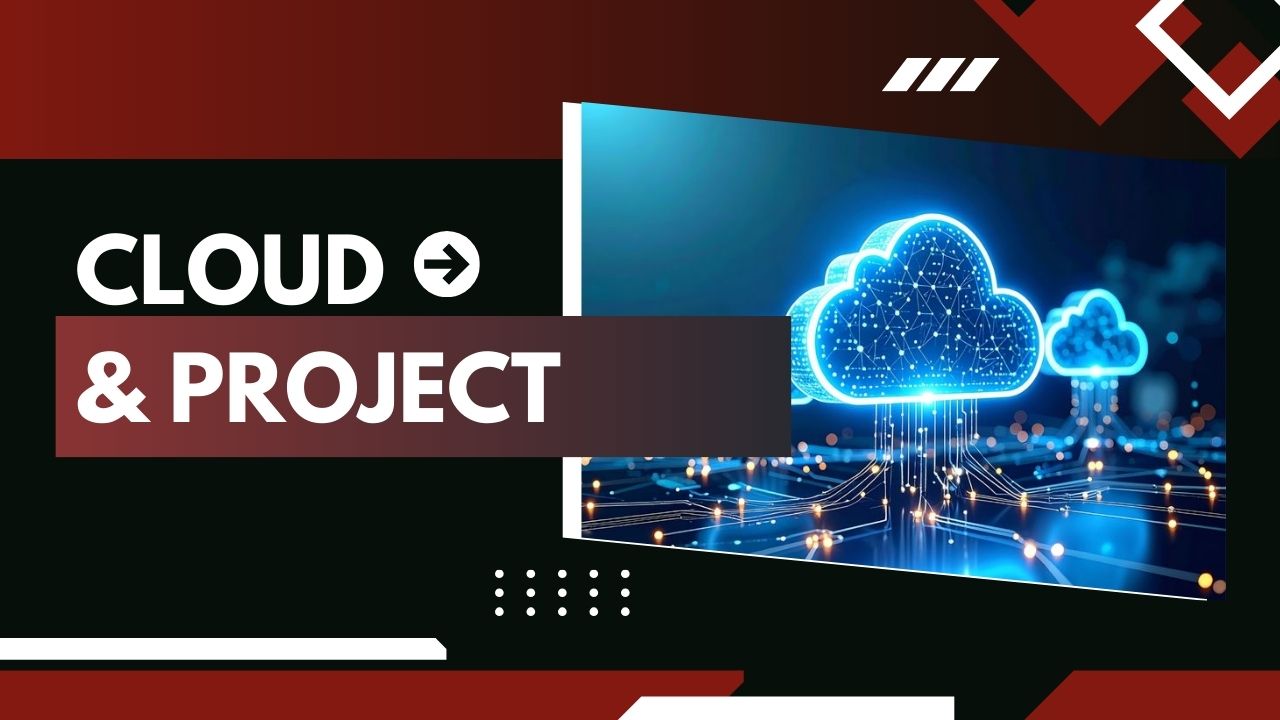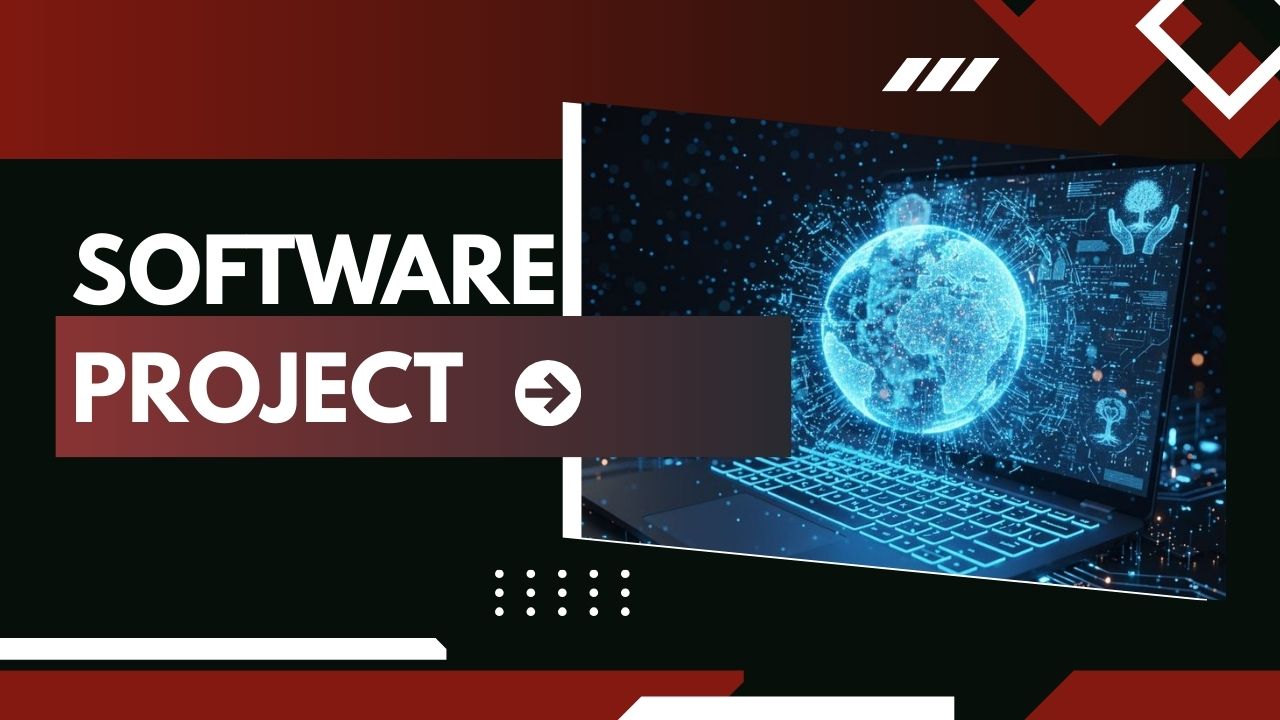Google Cloud: Powering the Future of Digital Innovation
This is a modern cloud platform developed by Google. It allows you to store data, process it, and perform development work easily. You can host web apps, mobile apps, websites, and many more digital projects on Google Cloud. It is a very fast, safe, and reliable platform. In Google Cloud, you get a lot of tools like Compute Engine, Cloud Storage, BigQuery, and Firebase, which you can use to take your business and projects to the next level. Overall, it’s powerful and makes many digital tasks simpler.
Learn the Features of Google Cloud
Data storage facilities: Google Cloud provides users with secure and scalable data storage facilities, making backup and recovery of data easy.
High safety criteria: It pays more attention to protecting the data of its users. The platform offers end-to-end encryption, multi-factor authentication, and advanced threat detection. With the help of such kind of security, businesses can protect the data of their users.
Cloud-Based Application Development: Google offers cloud developers several tools and services for the development of web and mobile applications. It includes Google App Engine, Cloud Functions, and Firebase. This kind of app development service saves both time and cost.
Business Scalability: It allows users to increase or decrease resources according to their needs. With its help, users can control their costs.
Data analytics and machine learning: Tools like BigQuery, TensorFlow, and AI Platform in the Google Cloud allow users to analyze their data and make smarter decisions. This feature is most useful in research, marketing, and product development.
Global Accessibility: Google Cloud allows users to access systems from anywhere through its data centers around the world. This feature is beneficial for virtual teams, freelancers and multinational companies.
Cost efficiency: It offers services to users on a pay-as-you-go model, i.e., pay as you use. This model is extremely beneficial for startups and mid-level companies.
Intuitive interface and integration: It offers a simple user interface, and it seamlessly integrates with other Google services, like Gmail, Google Drive, and Google Workspace.
High Performance Computing: It provides performance-based computing for high-resource demanding tasks like scientific research, 3D rendering, and big data analysis.
Constant updates and innovation: Google constantly updates its cloud services. This allows users to continue to benefit from the latest technology.
A Brief on the Levels of Google Cloud
Google Cloud Platform (GCP) is a powerful cloud service used by businesses according to their needs. The platform offers many services that are divided into four major levels or categories. Through these different levels, users can select the services as per their requirements. Today we will go into detail about the main tiers of Google Cloud.
- Infrastructure as a Service (IaaS)
What are the benefits of IaaS?
- Users can choose resources according to their needs
- High flexibility and scalability
- Cost-based payment facility
- Fast deployment and updates
- Plenty of security and data backup
- Get rid of the hassle of hardware management
- Platform as a Service (PaaS)
What are the benefits of Platform as a Service (PaaS)?
- Freedom from the hassle of infrastructure
- Fast application development
- Auto-scaling facility
- Cost-effective and time-saving
- Security and Maintenance from Google
- Increased focus on developers
- Easy integration and deployment
- High availability and reliability
- Software as a Service (SaaS)
How SaaS is useful?
- It gives users direct access to applications
- Maintenance and updates are not a hassle
- Saves hardware and setup costs
- Can be accessed from anywhere
- You can scale up the service as needed
- Security is based on Google's trust
- Function as a Service (FaaS) or Serverless Computing:
What are the main jobs of Function as a Service (FaaS) or Serverless Computing in Google Cloud?
- The code runs without server setup
- Performs automatic scaling
- Pay as per use only
- Help developers to build applications quickly
- Backend management does Google
- Supports event-based processing
Google Cloud offers flexible solutions for all, from small businesses to big companies. Whether you need servers (IaaS), easy app deployment (PaaS), ready-to-use software (SaaS), or just want to run code (FaaS), Google Cloud has you covered. Its multi-level services make it a trusted choice.
Conclusion
Google Cloud is a powerful tool that helps businesses collect, analyze, and store data safely while offering scalability and reliability. With advanced tech like machine learning and big data, it supports smarter business decisions. If you want to make a career in this field, join the 2-month Google Cloud course offered by Cloudking Technical. It boosts the technical skills of both freshers and professionals and opens up new career and growth opportunities for them.
Google Cloud provides an efficient cloud computing platform through which organizations can develop and operate their applications at scale. The platform delivers computing facilities and data storage solutions, networking capabilities, database management systems, and security services, which make it the top choice for contemporary enterprises.
CloudKing Technical operates as a top IT training center in Noida, which delivers Google Cloud training through its practical learning approach that combines lab work with authentic industrial situations. The program provides students with training on virtual machine creation, storage management, network setup, and cloud application development.
The program prepares students for employment in the field of cloud computing through their certification examination preparation. The program enables IT professionals to develop essential cloud competencies, which will help them advance their careers in the IT sector.

